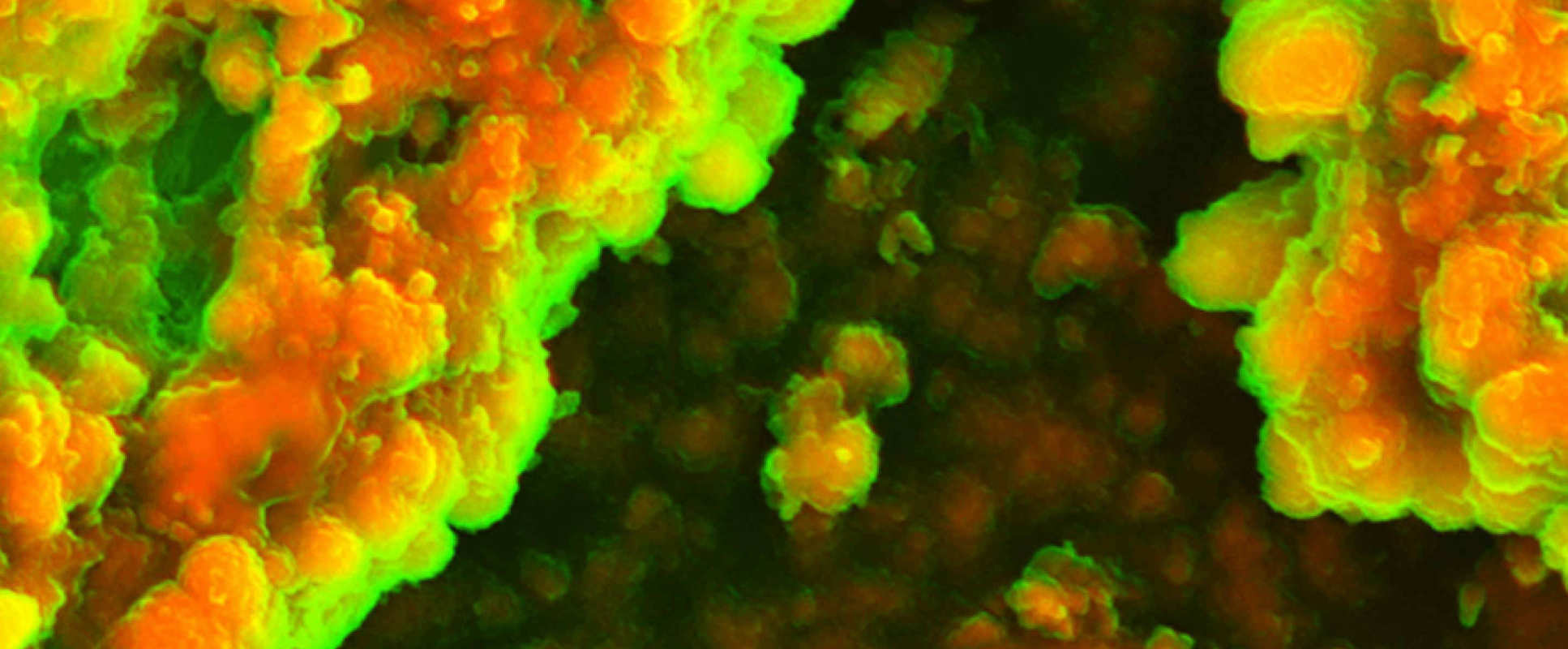BibTex format
@article{Ponnusamy:2022:10.3324/haematol.2020.274480,
author = {Ponnusamy, K and Tzioni, MM and Begum, M and Robinson, ME and Caputo, VS and Katsarou, A and Trasanidis, N and Xiao, X and Kostopoulos, I and Iskander, D and Roberts, I and Trivedi, P and Auner, HW and Naresh, K and Chaidos, A and Karadimitris, A},
doi = {10.3324/haematol.2020.274480},
journal = {HAEMATOLOGICA},
pages = {721--732},
title = {The innate sensor ZBP1-IRF3 axis regulates cell proliferation in multiple myeloma},
url = {http://dx.doi.org/10.3324/haematol.2020.274480},
volume = {107},
year = {2022}
}
RIS format (EndNote, RefMan)
TY - JOUR
AU - Ponnusamy,K
AU - Tzioni,MM
AU - Begum,M
AU - Robinson,ME
AU - Caputo,VS
AU - Katsarou,A
AU - Trasanidis,N
AU - Xiao,X
AU - Kostopoulos,I
AU - Iskander,D
AU - Roberts,I
AU - Trivedi,P
AU - Auner,HW
AU - Naresh,K
AU - Chaidos,A
AU - Karadimitris,A
DO - 10.3324/haematol.2020.274480
EP - 732
PY - 2022///
SN - 0390-6078
SP - 721
TI - The innate sensor ZBP1-IRF3 axis regulates cell proliferation in multiple myeloma
T2 - HAEMATOLOGICA
UR - http://dx.doi.org/10.3324/haematol.2020.274480
UR - https://www.webofscience.com/api/gateway?GWVersion=2&SrcApp=PARTNER_APP&SrcAuth=LinksAMR&KeyUT=WOS:000811240400051&DestLinkType=FullRecord&DestApp=ALL_WOS&UsrCustomerID=a2bf6146997ec60c407a63945d4e92bb
VL - 107
ER -



